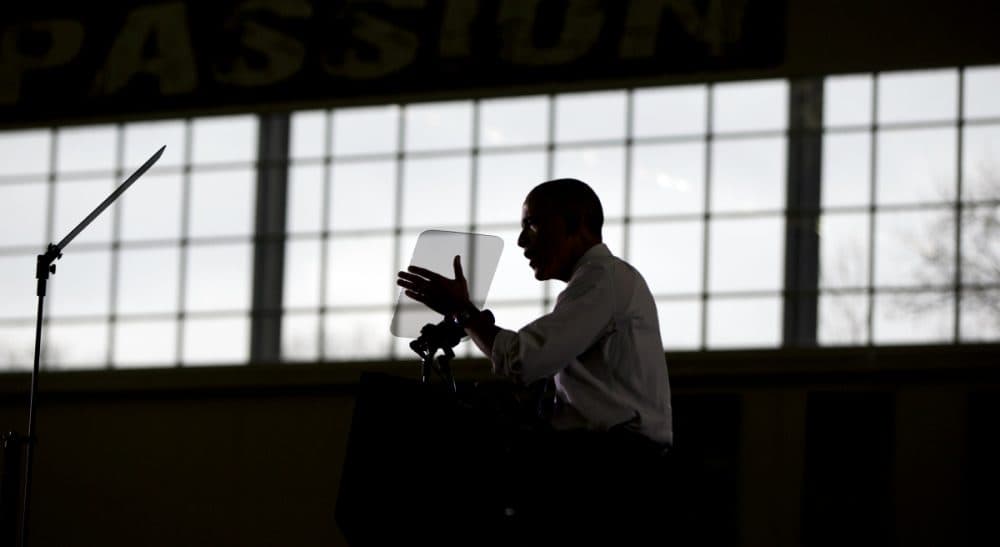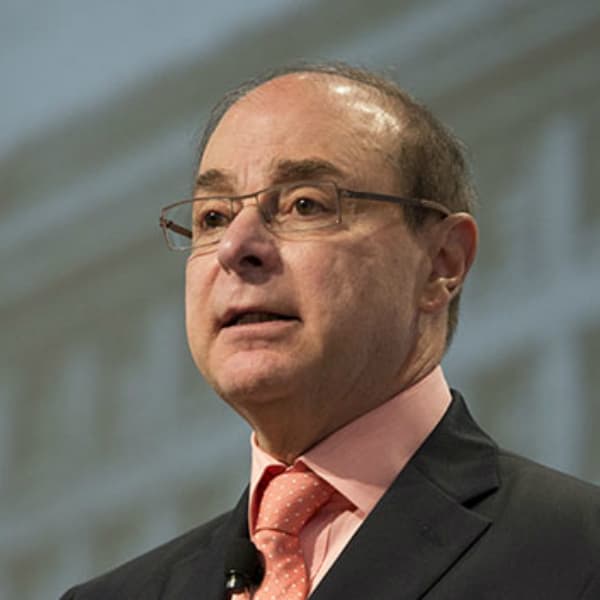Advertisement
To Rebuild The Middle Class, Don't Stop With Free Community College

In his State of the Union address last week, President Obama spoke eloquently of “middle-class economics,” or as he put it, policies to help “working families feel more secure in a world of constant change.” One of these is his proposal to make community college free for any student who maintains a minimum GPA.
Students and families will benefit greatly from the savings, and even more from the knowledge they’ll gain. But his proposal is only a first step toward helping our citizens find true economic security through education.
By proposing that all Americans be able to access two years of free college, the president in essence wants to move the minimum baseline of education up from 13 to 15 years. As he noted, since seven out of 10 jobs in the near future will require some level of higher learning, a K-12 education is no longer sufficient to make it in the modern economy.
Just as President Obama is now redefining what the baseline level of education should be, policymakers would do well to begin shifting their view of higher education as something that is an ongoing process, rather than something that happens at one point in time...
Nonetheless, helping people gain an economic toehold isn’t the same as helping them secure a place in the middle class. A stable existence in the 21st century requires a much greater investment in learning.
As we’ve seen vividly over the last 15 years, the global, knowledge-based digital economy is a landscape marked by peaks, valleys and disruptions. New discoveries and new fields of knowledge are revolutionizing industries on a constant basis. To thrive in this whirlwind, employees need to retool their knowledge and skills continually. They need lifelong learning.
Students are telling us that even a bachelor’s degree is only a step in this ongoing process. According to a recent survey from the Higher Education Research Institute, 42 percent of today’s college freshmen expect to go on to earn a master’s degree.
Students who used to leave higher education to forge an entrepreneurial path are now choosing to continue on to graduate school because the chances of success are better. For example, the Financial Times recently reported that graduates of MBA programs achieve greater success in launching start-ups than non-MBA graduates, as well as higher annual earnings. But it doesn’t stop there.
In the past few years, advances in learning methods and technologies have extended the reach of college far beyond the campus quad. Online and hybrid platforms have freed students from the strictures of geography and timetable. Modular courses can now teach them the skills they need for immediate tasks and goals.
We’ve entered an era in which the highest-caliber education can be accessed on demand, around the clock.
These changes have the potential to help all Americans throughout their lives. If you want to keep your body in prime shape, you don’t exercise for four years and then stop. Like physical conditioning, higher education can now be incorporated into people’s ongoing efforts at self-betterment.
Indeed, by incenting the development of lifelong learning programs, lawmakers could change Americans’ economic futures. Just as President Obama is now redefining what the baseline level of education should be, policymakers would do well to begin shifting their view of higher education as something that is an ongoing process, rather than something that happens at one point in time — and shift the laws accordingly.
There are immediate ways to do this. As Congress takes up the once-in-a decade renewal of the Higher Education Act, it should focus on helping colleges and universities build a true system of lifelong learning, rather than simply validating higher education as we know it.
New discoveries and new fields of knowledge are revolutionizing industries on a constant basis. To thrive in this whirlwind, employees need ... lifelong learning.
Flexible policies that allow students to use financial aid across new types of academic programs, pilot programs to spur even more advances in online and hybrid education, and once and for all, jettisoning anachronistic policies that measure learning via seat time and credit hours — all of these would help colleges and universities build a system designed for lifelong learning.
Seventy years ago, game-changing efforts like the G.I. Bill stimulated the emergence of a dominant middle class. Now, as our country finally steps fully from the shadow of the Great Recession and two wars, we should be no less ambitious in our aspirations for what higher education can do.
In today’s economy, the dream of income security, economic stability and a dignified retirement is within everyone’s reach. It’s a matter of keeping learning alive — for a lifetime.
